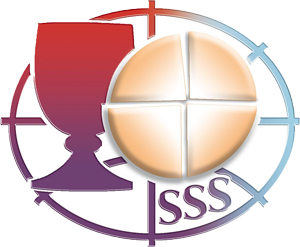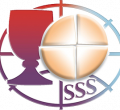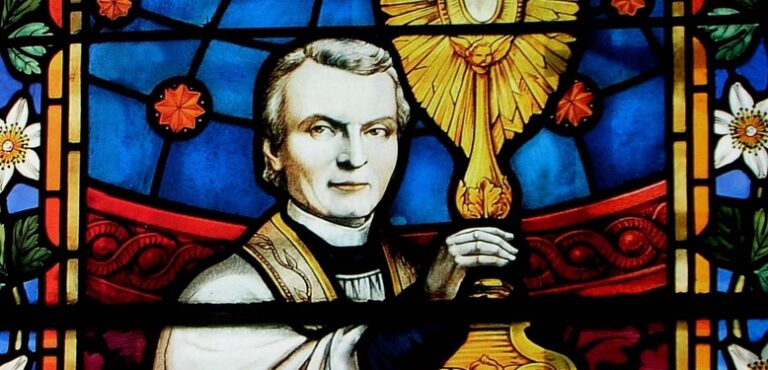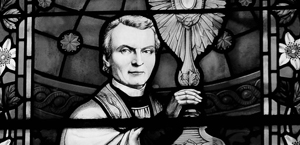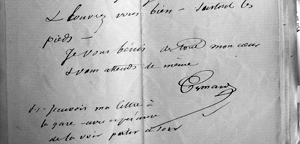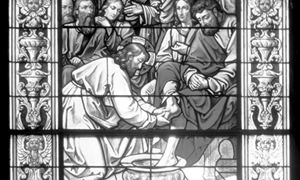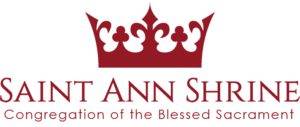Whenever I read this passage on the Council of Jerusalem, I am reminded that the Church must respond to emerging realities under the guidance of the Holy Spirit. The possibility of Gentiles entering the community without “becoming Jewish” (following the law of Moses) was unthinkable to Jews who were then followers of the Way. Paul and Peter spoke of how the Spirit called Gentiles to Baptism and conversion. After much discussion, the issue was settled, and the Church experienced incredible growth among the Gentiles.
Throughout its history, the Church was inspired to modify, change, and adapt to new cultures and realities. One of the most dramatic moments in which the Church, in a truly ecumenical and global way, took a long hard look at herself and saw the need to reorient much was the Second Vatican Council (1962-1965). In four sessions, almost 2500 bishops from around the world gathered to listen and speak.
The changes and adaptations of the Liturgy were the most visible aspects of the Council. People experienced the changes in the Mass in their parishes on the First Sunday of Advent in 1964. The altar was moved so that the priest faced the people. Suddenly, the traditional Latin prayers were replaced by the language the people understood. Later, more and more changes were made to increase the people’s participation in the Liturgy.
Not everyone at that time welcomed these changes. They wanted no change in how the Mass was celebrated, but the Church moved on, and most people remain delighted with those changes.
We who love the Eucharist are in debt to the bishops who ensured that we would have a liturgical experience of the Eucharist and not remain passive observers as we had been.
Let Us Pray:
Holy Spirit, you were sent to guide, inspire, and fill your people with your special gifts. The graces you poured on your Church inspired us with a greater love of the Eucharist. Continue to be with us and encourage us to “renew the face of the earth. Amen.
